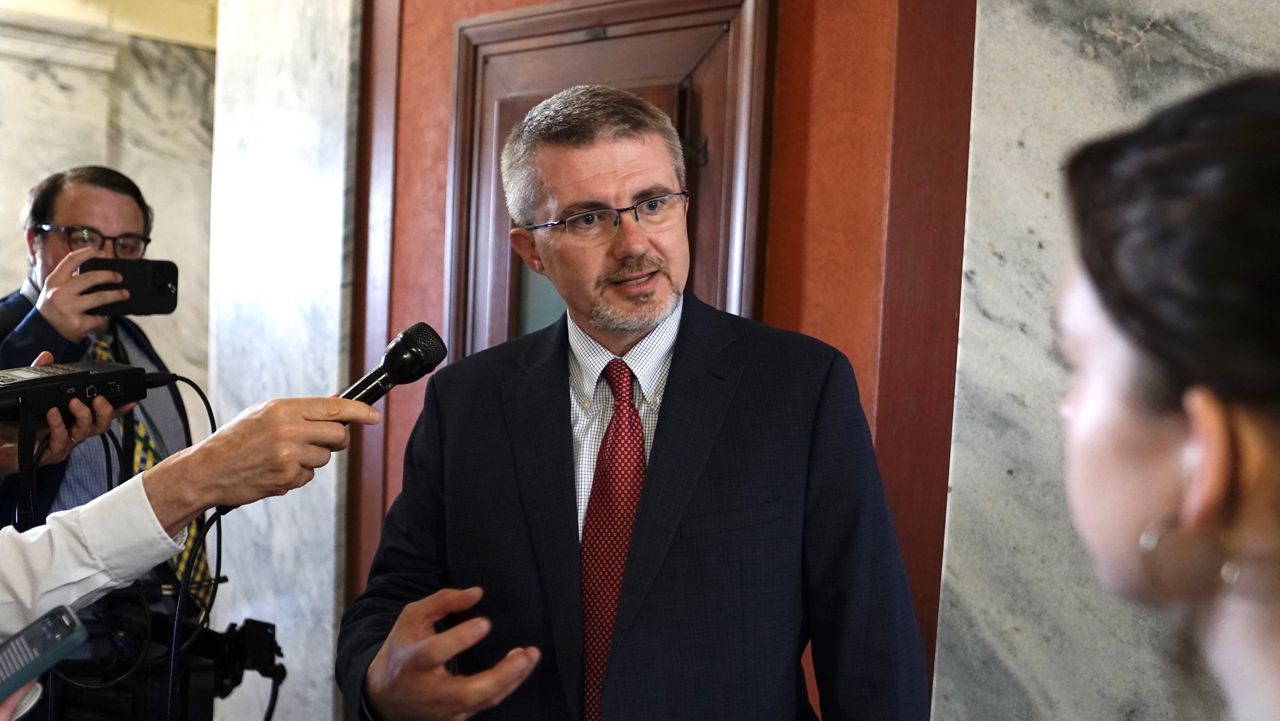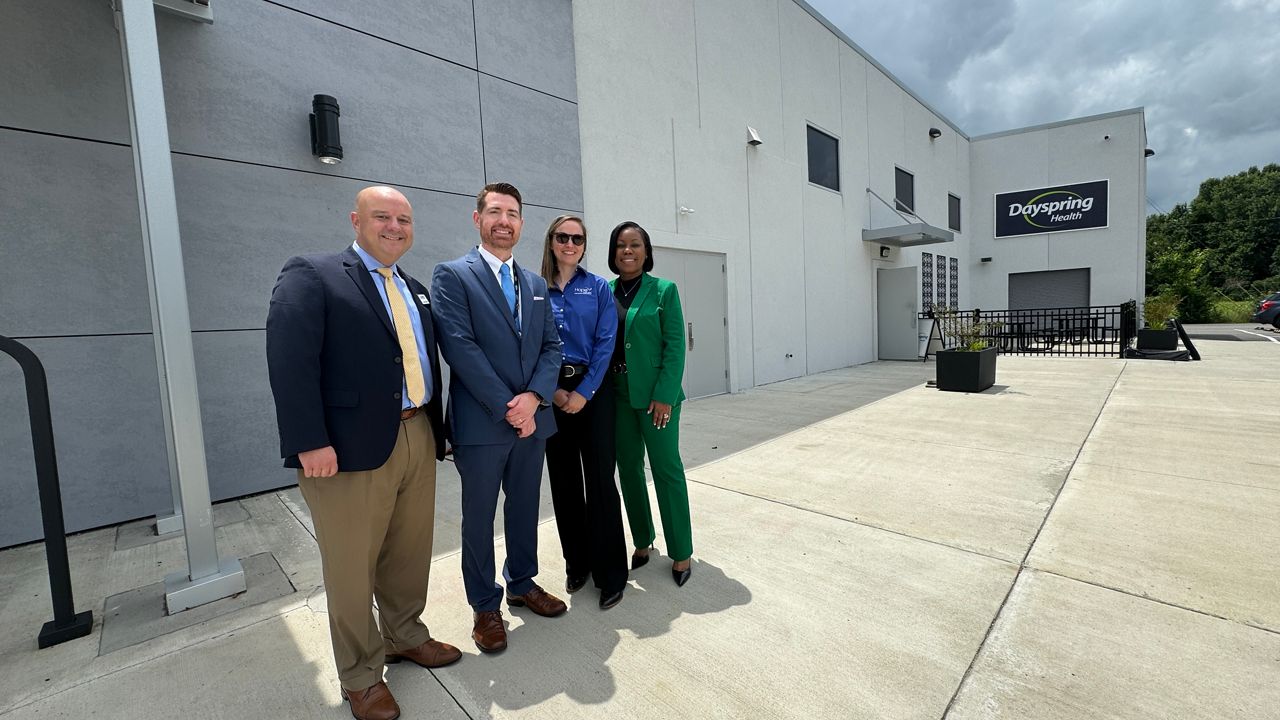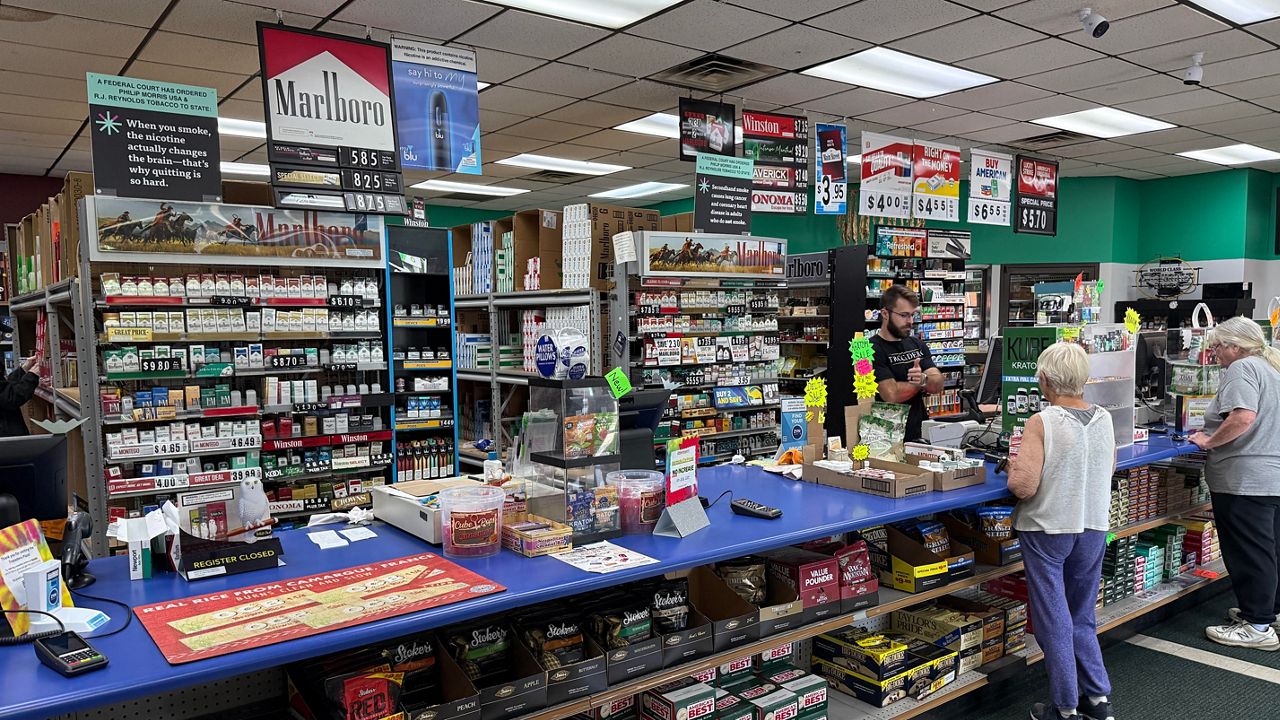LOUISVILLE, Ky. — The historic Louisville Gardens building is coming back to life, becoming a film studio production space.
This is in connection to a new law signed by Gov. Andy Beshear, D-Ky., that establishes the Kentucky Film Office.
The new space is the future home of Louisville Studios at the Gardens. The 6,000-seat arena that opened in 1905 will become Louisville's first-ever dedicated soundstage for film and television production.
The city previously allocated $10 million of Kentucky General Assembly funding toward the project in Feb. 2025.
Before closing in 2008, Louisville Gardens hosted sporting events and concerts. It had been used for storage until now.
Louisville Gardens Sound Stages is a partnership between Unbridled Films, Sylmar Studios and Poe Companies, all of which have experience in film production and real estate development.
“This is a very unique industry where people don't come and punch the clock to manufacture something, although things are being manufactured,” said Merry-Kay Poe, CEO of Unbridled Films.
She said the project will create more jobs.
“This will be a workplace for people to come and work together, and we can identify all of those in the industry," Poe said. "With that, we can strengthen our crew base and we can grow our projects."
Earlier this year, Senate Bill 1 was signed into law, which establishes the Kentucky Film Office under the Cabinet for Economic Development.
The office will act as a central hub for industry coordination, marketing and workforce development to attract and support film and television productions.
It’s backed by the Kentucky Entertainment Incentive Program, an initiative that aims to make the state an attractive place for the entertainment industry
“This is a huge investment, a huge project for our city that's going to create new jobs as we're creating this new industry in Louisville, around the state, and it's going to create memories for many more people far outside of our boundaries,” said Mayor Craig Greenberg, D-Louisville.
In 2009, Kentucky created tax incentive on film production and boosted it in 2015. House Bill 249 in 2021 revived the initiative in the revenue bill, with a $75 million annual cap.











